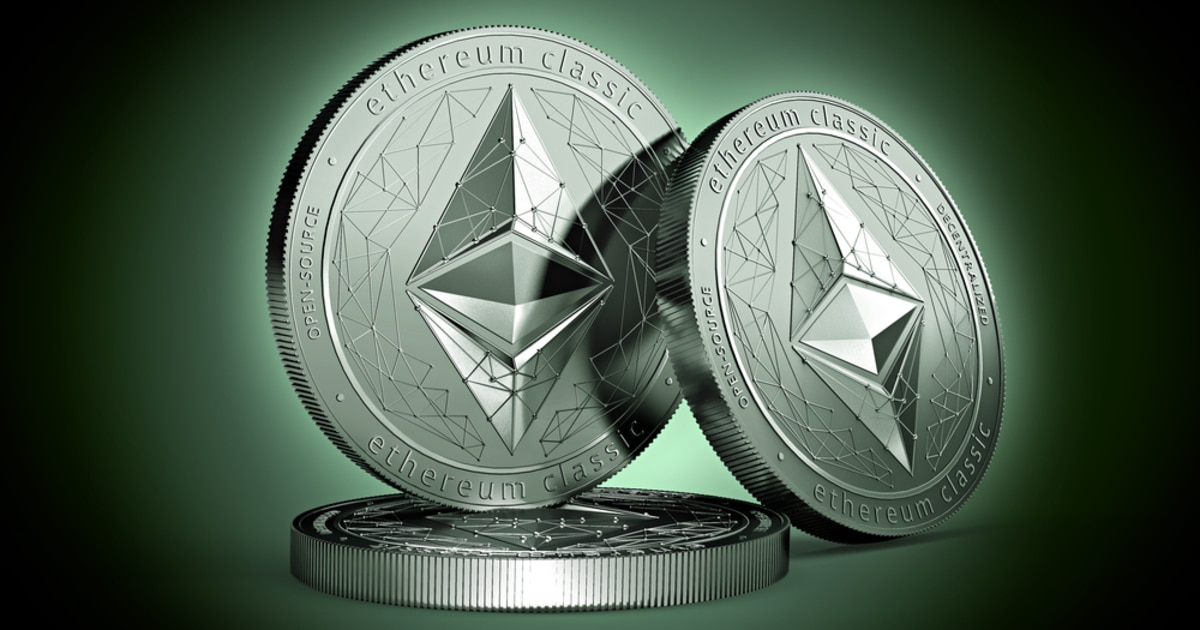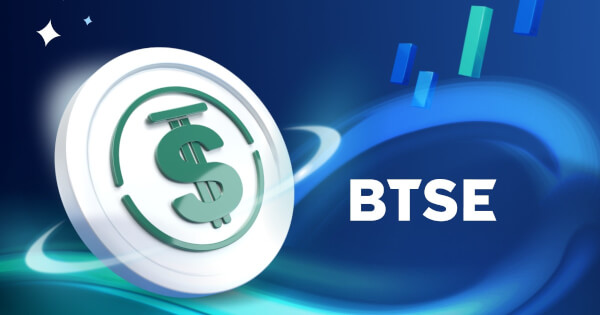Ethereum Core Developers Set Up Electra Upgrade, Plan to Enable Dencun

Ethereum All Core Developers Consensus Call #128 outlines the March 13, 2024 Electra upgrade, Dencun activation, compensation adjustments, and light client support improvements to drive network economics and continuous improvement.
At a meeting on February 22, 2024, Ethereum’s core developers held the 128th ACDC (All Core Developers Consensus) meeting. The biweekly meeting, chaired by Ethereum Foundation researcher Danny Ryan, serves as a collaborative platform to discuss and plan changes to the network’s consensus layer.
Electra Upgrade Schedule
The centerpiece of the meeting was the Electra upgrade, a joint effort to improve Ethereum’s infrastructure. Three Ethereum Improvement Proposals (EIPs) have been agreed to be included: EIP 6110 is designed to provide on-chain validator deposits. EIP 7002, facilitates execution layer triggerable termination. EIP 7549, which aims to separate committee indexing from proofs. Developers also considered EIP 7547, which is related to the inclusion list, which could be included in the Electra upgrade if it meets ease-of-implementation criteria.
Imminent Dencun upgrade release
All Ethereum clients except the Lodestar client have released their final versions in preparation for the Dencun upgrade. Parithosh Jayanthi, DevOps Engineer at the Ethereum Foundation, reported that Dencun’s final mainnet shadow fork has been successfully launched, signaling a stable transition. With the mainnet activation date announced as March 13, 2024, developers are confident of a smooth launch, supported by the Dencun-enabled MEV-Boost software update release planned by the Flashbots team.
Discussion on adjusting the issuance curve
The meeting also featured a proposal by EF researcher Ansgar Dietrichs to reduce staking reward issuance by 30%. This recommendation stems from concerns about the impact of high staking rates on network load, dilution of ETH value, and dependence on third-party protocols for security. Although the technical implementation of the proposal is straightforward, the results require thorough discussion within the community.
Improved light client compatibility
The call highlighted Etan Kissling’s proposal to update the execution layer serialization format to Simple Serialize (SSZ) to match the consensus layer and enhance light client development. This initiative is essential for nodes operating with minimal computational resources and ensures a more comprehensive and efficient network.
conclusion
ACDC call #128 signals a proactive approach to Ethereum development, with the Electra upgrade expected to be a significant milestone. Discussion of issuance curve adjustments highlights the community’s focus on a sustainable and efficient network economy. As Ethereum continues to evolve, these upgrades and proposals are set to strengthen its infrastructure to ensure its long-term viability as a leading blockchain platform.
Image source: Shutterstock



